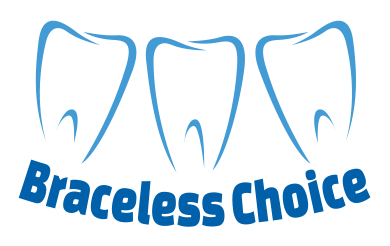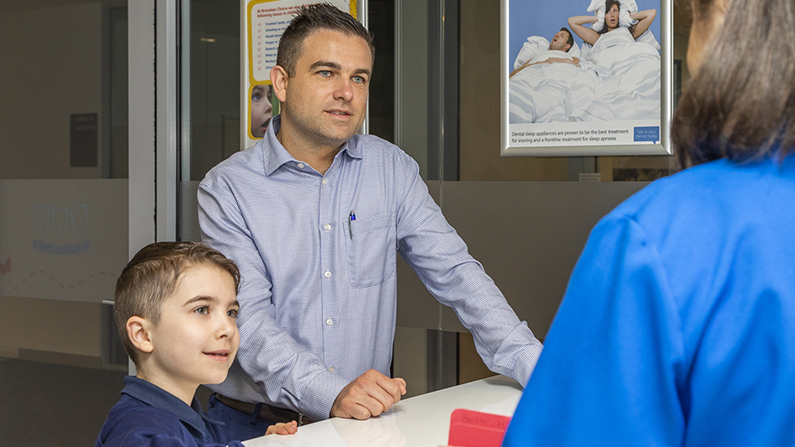While the common view is that children should wait to get braces until all their baby teeth have been replaced (around age 12), having an orthodontic assessment much earlier is highly recommended – for your child’s wellbeing and your hip pocket!
Braces are probably one of the most dreaded words for a parent to hear when taking their child for a dental check-up. Naturally, they want their child to develop a healthy smile, but are concerned about the effect that this will have on their child’s self-esteem, not to mention the sometimes prohibitive cost of braces. However crooked teeth can also indicate developmental problems for a child that influence their breathing, posture, sleep habits and behaviour.
While braces are the more traditional approach, many orthodontists and dentists are now employing preventative treatments to correct habits that potentially prevent braces altogether.
When should my child get an orthodontic checkup?
If you think your child has crooked teeth, when should you plan for orthodontic treatment? There seems to be a lot of misconceptions about when a child should commence orthodontic work.
Up until recent times, there has been a general consensus that a child with dental arch problems should wait until around the age of 12 when all of their baby teeth have fallen out before having orthodontic braces. The idea was that the treatment course is much more predictable when the adult dentition has fully erupted to avoid the need for repeat treatment.
However today we now know that crooked teeth can be a sign that the upper and lower jaw aren’t developing properly, which impacts a child’s facial, airway and spinal posture. Therefore a child’s dental growth may mean that corrective therapy should be considered to assist a child’s facial and dental growth.
For this reason, it is now recommended that most children should have an orthodontic assessment by age 7.
Signs your child needs orthodontic treatment
Until age 10, your child will go through crucial growth phases that shape many of the important structures of their face and head. At birth, the skull is made up of softer material that makes up cartilage in our joints. As the child grows, cartilage is converted to the bone that will form the adult skull.
Upper teeth are related to the development of the upper jawbone or maxilla. When the upper dental arch is crooked, it may indicate that the upper airways or sinuses are cramped which can cause a child to breathe through their mouth. Mouth breathing, along with other signs that child needs orthodontic treatment include snoring at night, slumped posture, poor sleep and dark circles or venous pooling under the eyes. All of these observations in a child may indicate that a child is at risk of future sleep-disorders and potential ill-health.
Myofunctional and early intervention orthodontic treatment
With crooked teeth being related to the airway, breathing and facial development, dentists and orthodontists are now taking all of these factors into consideration when assessing a child’s dental development. Earlier dental diagnosis and treatment of airway dysfunction and facial growth now gives a much broader scope of childhood dental assessment.
Early intervention orthodontics includes using functional appliances that assist the child’s jawbones to develop properly. For example, palatal expanders can be employed, along with myofacial exercises, to encourage nasal airway formation alongside functional breathing and swallowing. When the habits of the child are corrected, the bones and teeth are allowed to grow as they are meant to, it may avoid the need for braces altogether.
This treatment can begin as early as 5, although is more commonly commenced at around 7 years of age, as patient compliance is greatly improved with children being slightly older.
Prepare your child for early assessment
There are many factors that influence your child’s smile growing healthy and straight. However the health factors surrounding breathing and sleep that can accompany crooked teeth mean that parents should always take their child for early dental check-ups to see if early intervention orthodontics is suitable for them.
Source:
http://www.ncbi.nlm.nih.gov/pmc/articles/PMC4080068/

